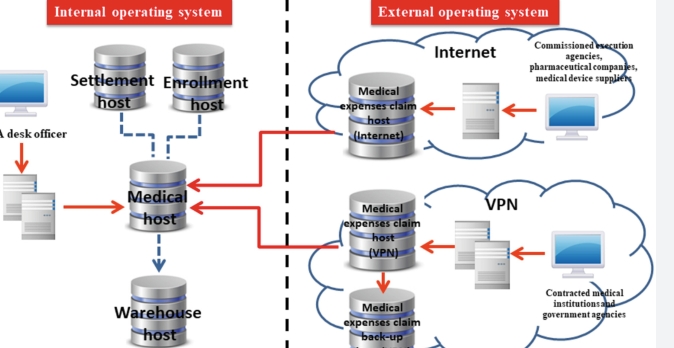Revolutionizing Healthcare with a National Health Information System
A national health information system is a central database that stores and manages health-related data for individuals. This system has the potential to transform healthcare by providing numerous benefits for both patients and healthcare providers.
Improving Coordination of Care
One of the key benefits of a national health information system is the improved coordination of care. With access to a patient’s complete medical history, healthcare providers can make more informed decisions about their treatment. This can lead to better outcomes and reduced medical errors.
Enhancing Efficiency and Reducing Costs
By centralizing health information, a national health information system can streamline administrative processes and reduce duplication of tests and procedures. This can result in cost savings for both patients and healthcare systems.
Empowering Patients
With a national health information system, patients have greater access to their own health data, allowing them to take a more active role in managing their health. This can lead to improved communication between patients and providers and better health outcomes.
Improving Public Health
A national health information system can also help to improve public health by tracking disease outbreaks, identifying trends in healthcare utilization, and monitoring the effectiveness of health interventions. This can lead to more targeted and effective public health efforts.
Ensuring Data Security and Privacy
One of the key challenges of implementing a national health information system is ensuring the security and privacy of patient data. It is essential to have robust security measures in place to protect sensitive health information and adhere to strict privacy regulations.
In conclusion, a national health information system has the potential to revolutionize healthcare by improving coordination of care, enhancing efficiency, empowering patients, improving public health, and ensuring data security and privacy. By investing in such a system, countries can move towards a more integrated and patient-centered healthcare system.

